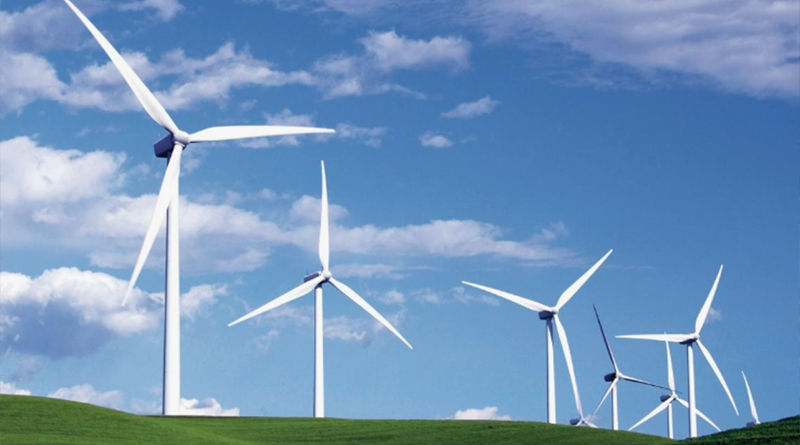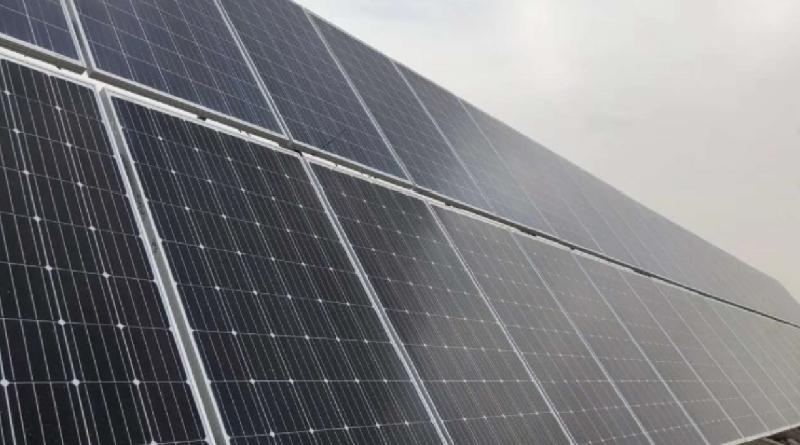Analysing the Material Properties of Epoxy Boards to Demonstrate Their Extensive Suitability for New Energy Applications
Epoxy boards, as a high-performance composite material, possess a unique composition that endows them with a range of exceptional properties. These characteristics enable their extensive adaptability across various equipment within the new energy sector.
In terms of mechanical properties, epoxy boards exhibit high strength and hardness, enabling them to withstand the diverse stresses generated during the operation of new energy equipment. Whether subjected to the impact stresses of water flow in hydroelectric installations or the formidable centrifugal forces and wind loads from rotating blades in wind turbines, epoxy boards maintain structural integrity and stability. This effectively prevents equipment failures and downtime caused by mechanical deformation or damage.

In terms of thermal performance, epoxy boards exhibit excellent resistance to both high and low temperatures, enabling them to meet the operational requirements of new energy equipment across varying temperature environments. For instance, within solar photovoltaic systems, surface temperatures of photovoltaic panels can exceed 80°C under direct sunlight during daylight hours, whilst night-time or cold-region temperatures may plummet to -20°C or lower. Epoxy boards maintain stable physical and chemical properties across this extensive temperature range, ensuring uninterrupted equipment operation.
Its electrical properties are also a key factor in the widespread application of epoxy boards within the new energy sector. High breakdown voltage and low dielectric constant enable them to provide reliable electrical insulation for new energy equipment, effectively preventing electrical accidents and meeting the stringent electrical safety requirements of such installations.
Moreover, epoxy boards exhibit outstanding chemical properties, demonstrating resistance to corrosion and chemical solvent erosion. This enables them to maintain excellent performance even when exposed to complex chemical environments in biomass energy equipment or corrosive geothermal fluids in geothermal energy installations. Extensive experimental data and practical case studies clearly demonstrate that across diverse equipment applications within new energy sectors—including hydro, wind, biomass, solar, and geothermal power—epoxy boards consistently deliver outstanding performance metrics. Compared to most traditional materials, they exhibit distinct advantages. This inherent superiority is precisely why epoxy boards have become a critical material within the new energy industry, providing a robust material foundation for the efficient and stable operation of new energy equipment.

